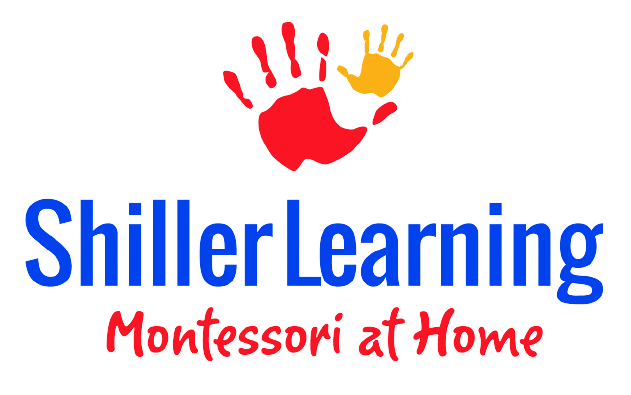A question we get at ShillerLearning is, “How long should this math lesson take my child to complete?”
With a personalized approach to education, there is no “right answer” to that question. For example, some children get a concept right away; others need lots of repetition over several days, even weeks.
“How Long Should a Math Lesson Take?” A Montessori Homeschool Approach
Every child and activity is different. Some children get an activity’s concept right away and need no further practice to have it stored in their brains forever. Yet they insist on repeating the activity anyway. These children may not need further practice, but they enjoy the play associated with an activity they are good at. So let them explore, for five minutes or for two hours, until they are finished. If they can work without you right there, that is OK too.
Such active interest on the part of a child is a good sign; the child wants to repeat the satisfaction that comes from achieving a successful completion of an activity. What may seem like repetitive actions to a parent may actually be the child putting closure on the activity, and a child may become anxious if the activity is taken away prior to closure. Closure may also occur when the child – or you - becomes frustrated. When frustration occurs, you may say, “let’s put this activity aside for now, we’ll come back to it later.”
When a child asks to repeat an activity from last week, last month, or even last year, happily comply with the request. Your child will let you know when he or she is ready to move on.
On the other hand, there could be times when you wish the child would be more enthusiastic about repeating an activity that he or she did not fully grasp. When the child (or parent) becomes frustrated or restless with a particular activity, just mark that activity as one that needs more attention next time; we recommend circling the activity number and marking it in your Completed Work Tracking Sheet – and move on. (You can read more about the tracking sheet and other learning management tools.)
For a child to grasp principles fully, the decimal system activities in particular need to be repeated often. For example, one decimal system activity may be repeated once or twice each week for several weeks. Addition and multiplication tables also require several weeks to complete.
Among ShillerLearning's innovations is the Incremental Spiral Method™, which ensures that bite-size activities cover syllabus topics clearly and thoroughly at each age. Because topics need to be revisited regularly - as in a spiral with increasing levels of difficulty and abstraction - children don't learn addition or all aspects of a square or circle all at once. As a result children learn both math and self-confidence at the same time.
This technique was inspired from a study in which two groups of children each had five minutes to work on the same memorization problem. One group had one five minute session; the other group had five one-minute sessions interspersed with one minute sessions of a simple and unrelated activity. The latter group had significantly better results – despite having spent exactly the same amount of time on the problem. That’s why activities on related subject matter tend to be spread throughout the lesson books.
ShillerLearning’s goal is for students to speak and write mathematics clearly, accurately, and concisely based on a solid understanding of mathematical concepts. We find that this personalized approach to the “How long should this math lesson take?” achieves that goal.
Here at ShillerLearning, we are available to support you and your child in your homeschool math journey. We invite you to call 888-556-6284 or message/email with your questions. We are passionate about helping your kids learn - and love - math!






